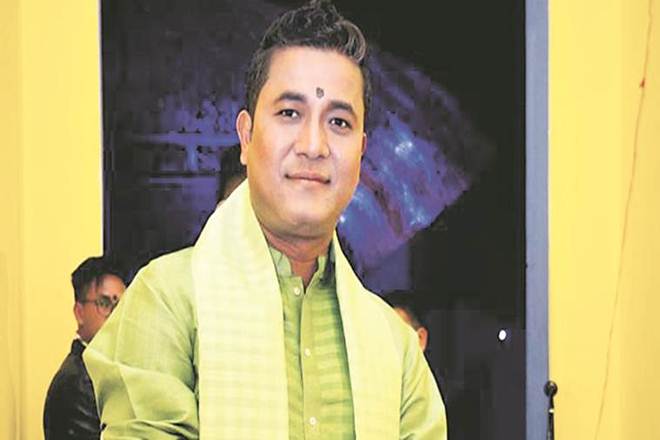The Manipur government arresting journalist Kishorechandra Wangkhem under the National Security Act and slapping sedition charges against him—all for calling the Manipur CM a “puppet” of prime minister Narendra Modi and protesting against the state government’s decision to celebrate the birth anniversary of Rani Laxmibai of Jhansi as she “had nothing to do with Manipur”—is emblematic of the reasons why India ranks 138th for press freedom as per Reporters Without Borders. Criticism of leaders is not sedition, and threatens only the fragile egos of leaders who believe themselves to be above criticism, not the security of the nation. The Manipur government, headed by N Biren Singh, should keep this in mind. Wangkhem’s arrest is not a stray incident for the Manipur government; it has recently filed a criminal defamation case against a local media organisation for reporting that Singh’s popularity as chief minister might be slipping.
But, Singh alone is not to blame. It has become a time-honoured tradition for most political parties/leaders to brook no dissent/criticism. From charges under the IT Act being slapped against social media users for a liking anti-Bal Thackeray post and sharing an anti-Mamata Banerjee cartoon to defence analyst Abhijit Iyer Mitra being arrested under bunkum charges to settle political scores, instances abound of such despotic behaviour. If criticism, and even insults, of government-heads were to be deemed seditious, opposition leaders across regimes who have used a wide selection of colourful insults—from ‘gaon ki aurat’ to ‘maut ka saudagar’—should have invited such charges. India may not be such a banana republic yet, but a few more Wangkhem-like arrests and the country can’t really escape the label. And, if the political class is really looking to keep criticism clean, it would do better to avoid mouthing phrases like ‘50-crore ki girlfriend’ or ‘Congress ki vidhwa’ or ‘chowkidaar chor hai’.

